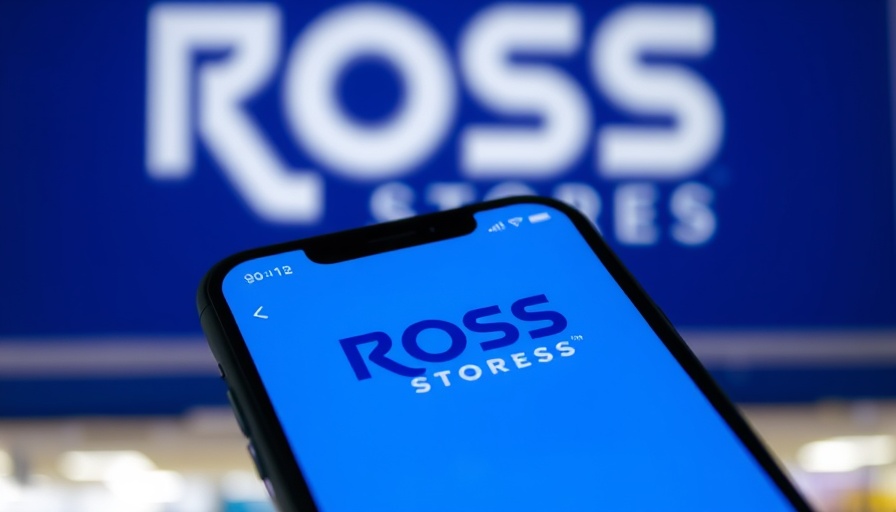
Why Ross Stores Is Winning Amid Economic Woes
As inflation continues to pinch budgets, Ross Stores has emerged as a surprising victor in the retail sector. Recent financial results reveal that the discount retailer not only topped quarterly profit estimates but also experienced a significant uptick in customer traffic. This trend reflects a broader shift in consumer behavior as shoppers increasingly prioritize value and affordability in their purchases.
The Shift Toward Discount Retailers
In a climate where many households are tightening their belts, discount retailers like Ross are seeing heightened demand. The company reported profits of $281 million, impressive for a single quarter, showcasing the resilience of their business model. Shoppers are now more likely to turn to stores offering name-brand and quality goods at lower prices, a change that speaks volumes about the current economic climate and consumer priorities.
What This Means for the Retail Sector
This surge in discount shopping does not only indicate a temporary trend but also a potential long-term change in how consumers approach retail spending. As Ross Stores thrives, other retailers may need to adjust their strategies—potentially expanding sales on discounted items or enhancing loyalty programs to attract cash-strapped customers. The company's ability to maintain inventory and manage supply chain issues will also continue to play a crucial role in its ongoing success.
Future Predictions: Opportunities for Investors
The success of Ross Stores signals larger opportunities for investors, particularly in sectors that focus on value-driven consumer goods. With the current economic indicators showing a mix of inflation and slowing growth, investors may want to look into stocks of businesses that prioritize affordability and sustainability. Value investing could shift focus toward companies with strong fundamentals that cater to budget-conscious consumers, ensuring steady growth and potential profitability.
Portfolio Diversification: Leveraging Retail Trends
Investors seeking to align their portfolios with the current retail landscape should consider integrating stocks from discount retailers alongside traditional players. By diversifying into sectors like consumer staples and discount retail, investors can mitigate risks that come with economic uncertainty. These investments often provide a cushion against inflation, making them an essential part of a sound asset allocation strategy.
Maximizing Your Investment Strategies
As we explore the implications of Ross's success further, consider employing strategies such as dollar-cost averaging to mitigate market volatility. This technique allows investors to purchase shares at regular intervals, which can cushion the blow of price fluctuations. Moreover, focusing on dividend stocks from retailers like Ross that promise a steady return can also be a sound way to hedge against inflation while ensuring portfolio growth.
The Road Ahead: Navigating Economic Uncertainty
The retail landscape is ever-changing, influenced by various economic factors including interest rates and consumer confidence. As Ross Stores and other discount retailers adapt to the evolving market, investors must stay informed about these trends. By regularly assessing market indicators and retail performance, you can adjust your investment strategies to navigate these uncertainties effectively.
 Add Row
Add Row  Add
Add 



Write A Comment